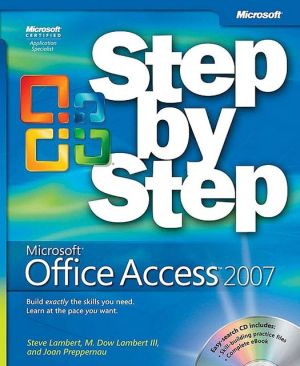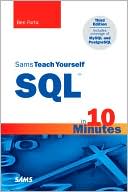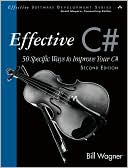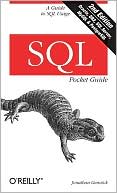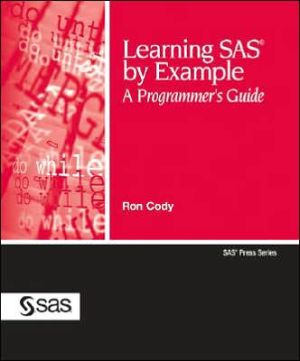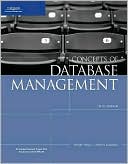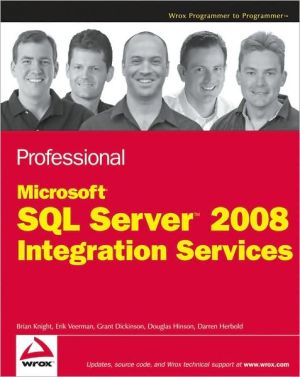The Organization Of Information
As with previous editions, it begins with strong justification for the continued importance of organizing principles and practice. Following a broad overview of the concept and its role in human endeavors, Taylor and Joudrey provide a detailed and insightful discussion of such basic retrieval tools as inventories, bibliographies, catalogs, indexes, finding aids, registers, databases, major bibliographic utilities, and other organizing entities. They then trace the development of the...
Search in google:
This third edition of Taylor's modern classic continues to articulate the theory, principles, standards, and tools behind information organization.As with previous editions, it begins with strong justification for the continued importance of organizing principles and practice. Following a broad overview of the concept and its role in human endeavors, Taylor and Joudrey provide a detailed and insightful discussion of such basic retrieval tools as inventories, bibliographies, catalogs, indexes, finding aids, registers, databases, major bibliographic utilities, and other organizing entities; and subsequently trace the development of the organization of recorded information in Western civilization from 2000 B.C.E. to the present. Standards of codification (MARC, SGML, and various DTDs), controlled vocabularies and ontologies, and Web 2.0 technologies are but a sample of its extensive topical coverageStill the title of choice for students and professionals eager to embrace the heritage, immediacy, and future of this fascinating field of study. "While the text covers the theory, principles, standards, and tools behind information organization in all types of environments, the main focus is on libraries. The text has been reorganized and extensively updated throughout, including new and expanded material on indexing, abstracting, archival finding aids, museum databases, metadata models, XML and XML schemas, the future of MARC, discovery interfaces to information systems, next generation catalogs, new metadata standards (DACS, CCO, CDWA, and FRBR), bibliographic relationships and authority control, the aboutness of an information resource, issues related to tagging, the nature of categories and classification, and clustering."Reference & Research Book News
Acknowledgements Arlene G. Taylor Taylor, Arlene G.Acknowledgements Daniel N. Joudrey Joudrey, Daniel N.1 Organization of recorded information 12 Retrieval tools 393 Development of the organization of recorded information in western civilization 674 Metadata 895 Encoding standards 1296 Systems and system design 1597 Metadata: description 1998 Metadata: access and authority control 2459 Subject analysis 30310 Systems for vocabulary control 33311 Systems for categorization 375Conclusion 417App. A An approach to subject analysis 419App. B Arrangement of physical information resources in libraries 429App. C Arrangement of metadata displays 433Glossary 441Selected bibliography 479Index 499
\ From the Publisher"This work is highly recommended for anyone seeking to know more about the organization of information."\ -\ ARBA\ "With chapters on the many complex methods one must deal with to maintain the integrity of original documents, items, and other important subjects, The Organization of Information is complete and comprehensive in its application. The Organization of Information is enhanced with bibliographies, indexes, glossaries, and more, making it an absolute must for any archive which wants to serve its purpose well."\ -\ The Midwest Book Review\ "While the text covers the theory, principles, standards, and tools behind information organization in all types of environments, the main focus is on libraries. The text has been reorganized and extensively updated throughout, including new and expanded material on indexing, abstracting, archival finding aids, museum databases, metadata models, XML and XML schemas, the future of MARC, discovery interfaces to information systems, next generation catalogs, new metadata standards (DACS, CCO, CDWA, and FRBR), bibliographic relationships and authority control, the aboutness of an information resource, issues related to tagging, the nature of categories and classification, and clustering."\ -\ Reference & Research Book News\ \ \

